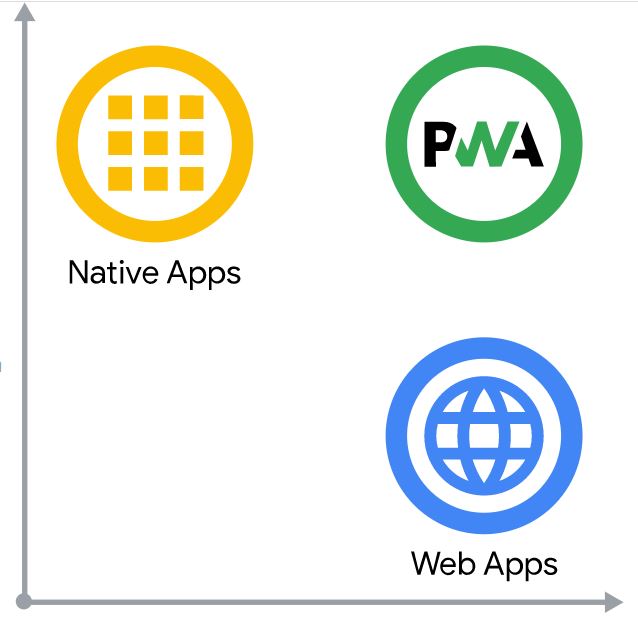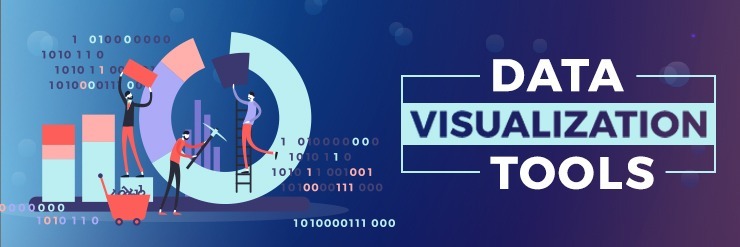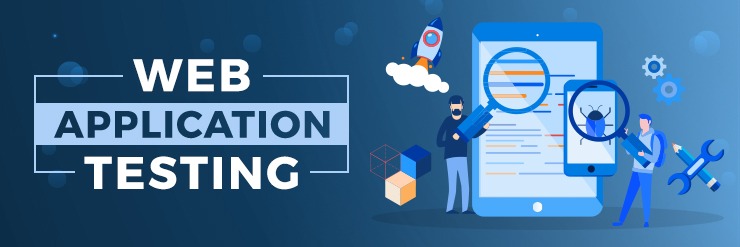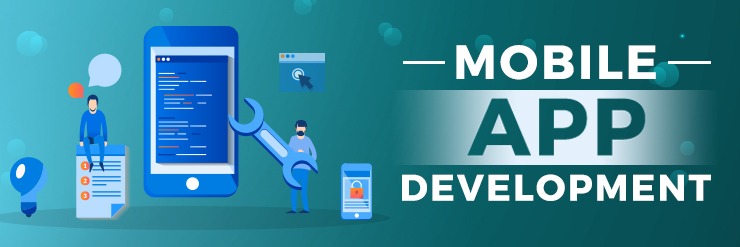The concept of Progressive Web Apps is still in the phase of progression but is gaining momentum quickly. One of the most notable elements in progressive web apps is that they are “progressive,” meaning that they work easily for every user, no matter what browser they use. They are responsive so that they can be used on desktop, mobile, and tablets. Progressive web apps are developed while keeping all the prerequisites in mind. These web apps are capable of offering some features offline or low bandwidth networks as well. Let’s explore in-depth what progressive web apps are and how they can benefit modern businesses.
What are Progressive Web Apps?
Progressive web apps are websites that use modern web technology to give users an app-like experience right in their browsers. This means that users can access all the features of a web app without the need to download, install, or update.
For developers, this is the best way to make web apps load faster and perform better. In short, PWAs are websites that use modern web capabilities to allow for installation on a user’s device and deliver an app-like experience to them. PWA incorporates the app-shell model to provide app-style navigation and interactions for users.
What can Progressive Web Apps do?
Progressive Web Apps meet certain requirements. They are deployed to servers, accessible through URLs, and indexed by search engines. A PWA is simply a web application that can be “installed” on your system. In case of no or bad internet connectivity, it can works offline by making use of data cached during the users last interactions with the app. while working on a desktop and with the necessary flags turned on; a user may be encouraged to install the app when they visit the website. Here are some major features of progressive web apps.
- PWAs are always up-to-date.
- It is secured and served via HTTPS to avoid interfering and tampered content.
- They are discoverable via search engines and are identified as apps.
- They can work offline or with low-quality networks.
- PWAs can re-engage users through features like push notifications.
- They are installable and enables users to keep the app on their home screens without the need to install the app through the app store.
How does progressive web app work?
As we mentioned, PWA is a web application that can be “installed” on your system and can works offline (some features) without an apt internet connection, leveraging data cached during your last interactions with the app. On an Android smartphone, their icon and behavior resemble a native application. However, they are easily sharable using the URL and doesn’t require installation.
What is the difference between Web App and Progressive Web App?
Progressive web apps are basically Web Applications with enhanced capabilities. If we compare web apps and mobile apps in terms of capabilities and reach, native apps score the best of capabilities, whereas web apps score the best of reach. So, a Progressive Web App fits eligible for both of these criteria.
At the core, Progressive Web Apps are web applications that use progressive enhancement, improved features, and capabilities enabled in modern browsers. A web application leverages service workers and an app-shell model to becomes reliable and installable in the face of PWA. In fact, if modern features aren’t implemented, users can still enjoy the core experience.
Progressive Web Apps are built and enhanced with modern APIs to deliver app-like capabilities, reliability, and installability while reaching more audience that too on any device with a single codebase. Businesses can opt to switch from web applications to a progressive web app because it can reduce the loading time and provides an enhanced user experience.

Who are the Users of Progressive Web Apps?
The example of progressive web apps includes some big names. Twitter mobile, Instagram web app, telegram web app, and many more. The Washington Post and Forbes, two popular global media companies, implemented Progressive Web App technology for their new mobile experience to improve loading times for their website.
What is the Scope of Progressive Web Apps?
Progressive web apps are faster and provide app-like experience to the users. Loading time and user-experience are two of the most influencing factors to make a website successful. Keep informed that 53% of visits to mobile sites are abandoned if it takes more than 3 seconds for loading. With PWA implementations, web apps can be made faster with the capability of loading at speed near 0.8 seconds.
The facts and figures show real progress. Companies that switched to Progressive Web App technology saw impressive returns. Twitter experienced an increase of 65% in pages per session, 75% increased Tweets, and the bounce rate decreased to 20%. Above all, they successfully reduced the size of their app by 97%. Similarly, after implementing PWA technology, Nikkei experienced a rise in their organic traffic by 2.3 times and 58% more subscriptions. Also, the ratio of daily active users increased to 49%. At the same time, Hulu switched from native desktop experience to a Progressive Web App and got a 27% increase in website return visits.
How Much Does it Cost to Build a Progressive Web App?
A Progressive Web Apps may cost around $3,000 to $20,000, can vary depending on the requirements and features of the web app. Building a PWA can be beneficial for business as it sums up the need for both, a website and an app. It can provide you a saving over developing an entire website and a native mobile app separately. Since smartphone users have grown a lot in recent years and have been growing continuously, the Progressive web app can help businesses and mobile app development companies make the most of the increased mobile-user base.
Final Thoughts
Progressive Web Apps can provide businesses with a unique opportunity to deliver an app-like web experience with added features at an increased speed. The technology uses the latest web features to deliver app-like capabilities and reliability. PWAs enable users to install apps on any device with a single codebase and without the need to download from mobile app stores.







